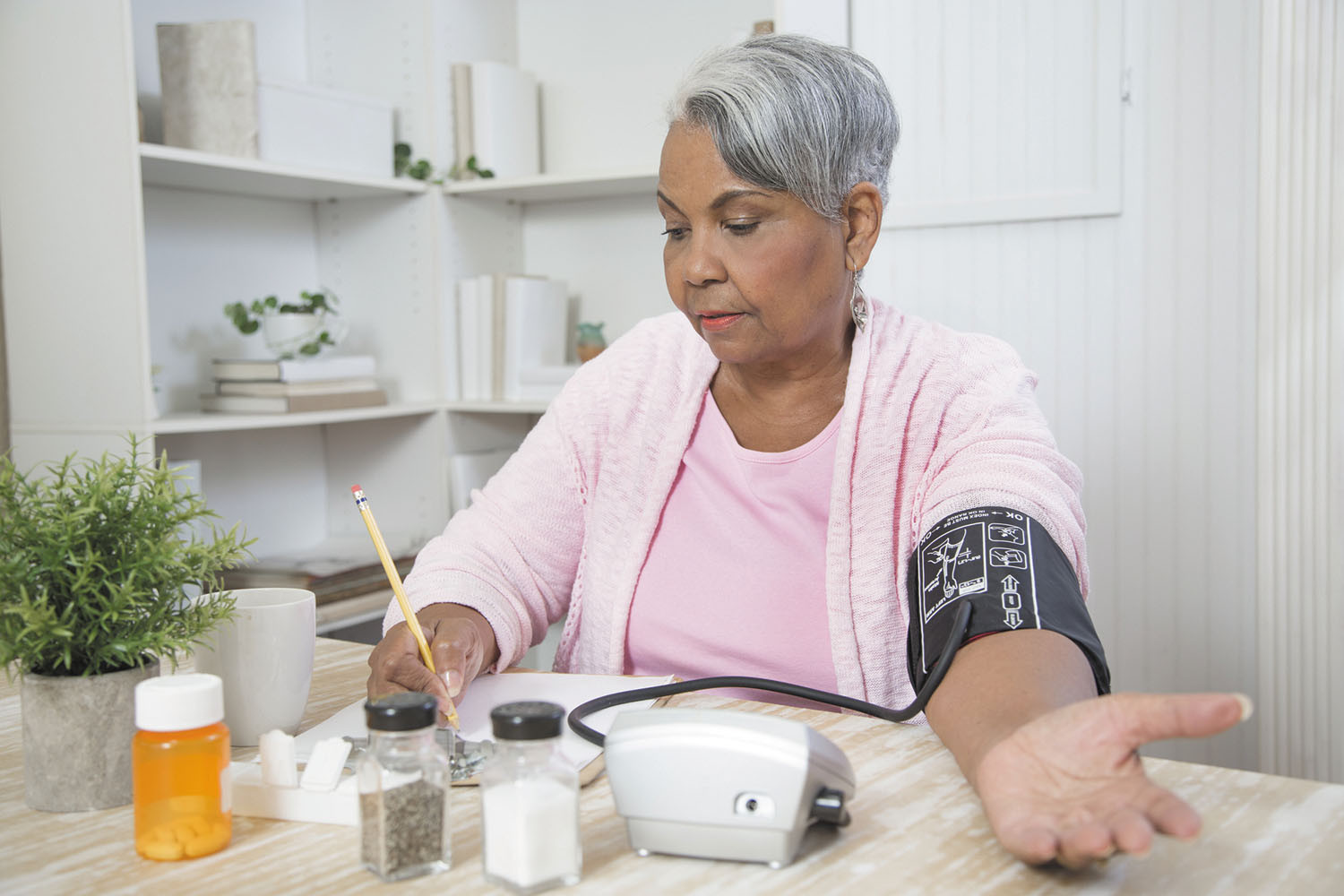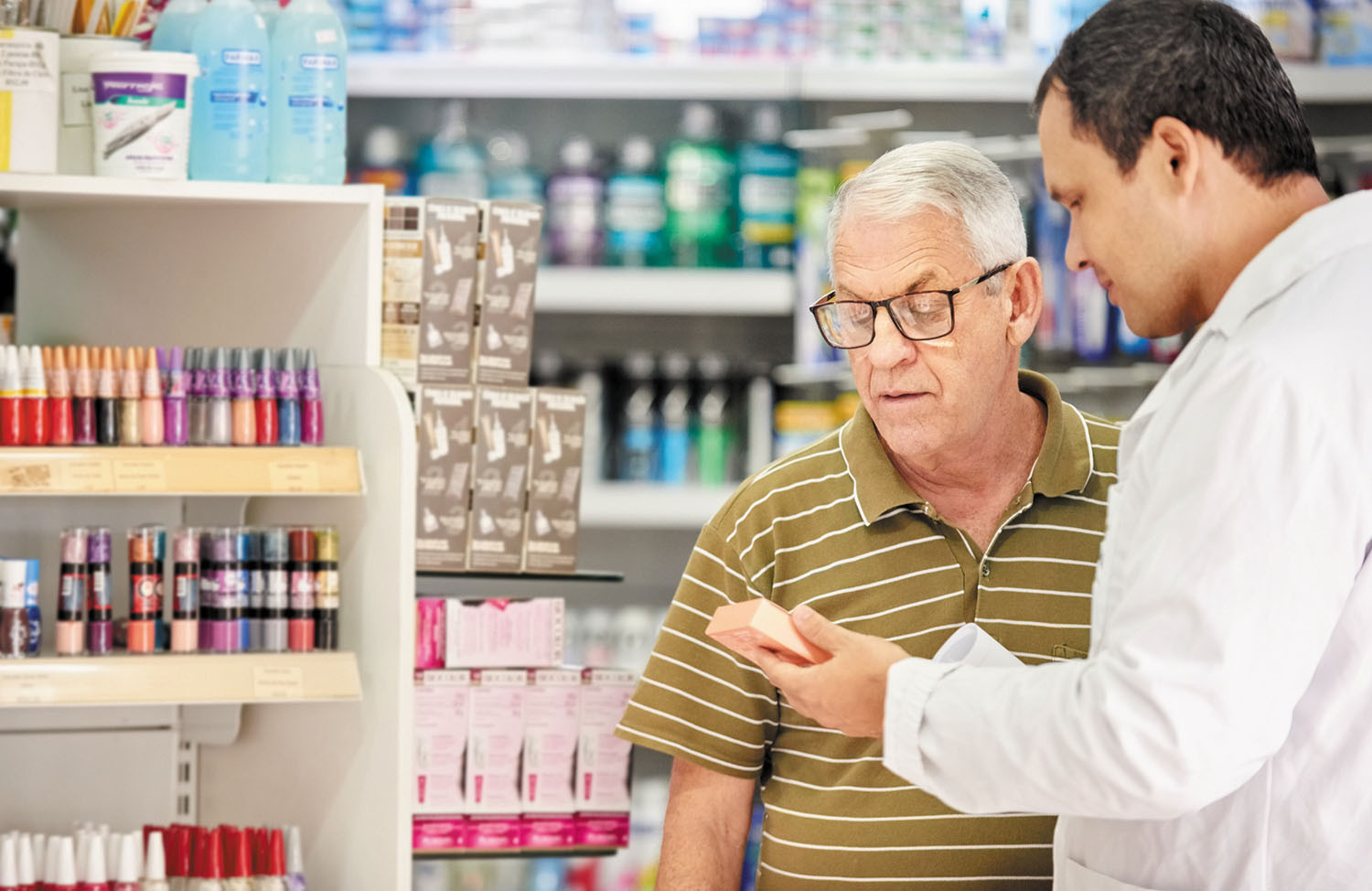
New thinking about plaque in arteries that feed the brain

Want to prevent shifting teeth? Maybe you need retainers

What you need to know about the new dietary guidelines

Food that’s healthier for people and planet can be cheaper, too

New evidence that polyphenol-rich foods help the heart

8 simple ways to reduce ultra-processed foods in your diet

How to curb your stress eating

How to spot Parkinson’s disease symptoms

Heart failure symptoms in women: How they’re different

GERD diet: Foods to avoid to reduce acid reflux
Medications Archive
Articles
Sore throat soothers
Most sore throats are caused by non-life-threatening conditions or certain behaviors. But sometimes a sore throat may be an indication of COVID-19. One should call the doctor if experiencing difficulty swallowing, shortness of breath, a high fever, or a cough that produces blood. Ways to relieve sore throat pain include staying hydrated, using over-the-counter painkillers, drinking warm liquids, using cough drops, using a spray or lozenge that contains an oral anesthetic to numb the throat, and treating an underlying condition causing sore throat pain.
Risk factors for benign breast conditions identified
Help for your aching back
Fruit of the month: Citrus fruits
What to do when your blood pressure won’t go down
What’s new in diabetes drugs
Over-the-counter drugs that can boost blood pressure
Breakthrough: AI and better medicines
Many diseases occur because of defects in particular proteins—the workhorses of every cell. But developing a drug that targets a defective protein requires knowing that protein's shape. Protein shapes have always been difficult to predict. Then in July 2021, a company called DeepMind reported that its software predicted the structures for 98% of human proteins. By the end of 2021, DeepMind says it will publish the shape of 50% of the 280 million nonhuman proteins, up from 0.01%. These breakthroughs are expected to lead to new medicines.
Less may be more when treating urinary tract infections

New thinking about plaque in arteries that feed the brain

Want to prevent shifting teeth? Maybe you need retainers

What you need to know about the new dietary guidelines

Food that’s healthier for people and planet can be cheaper, too

New evidence that polyphenol-rich foods help the heart

8 simple ways to reduce ultra-processed foods in your diet

How to curb your stress eating

How to spot Parkinson’s disease symptoms

Heart failure symptoms in women: How they’re different

GERD diet: Foods to avoid to reduce acid reflux
Free Healthbeat Signup
Get the latest in health news delivered to your inbox!
Sign Up











